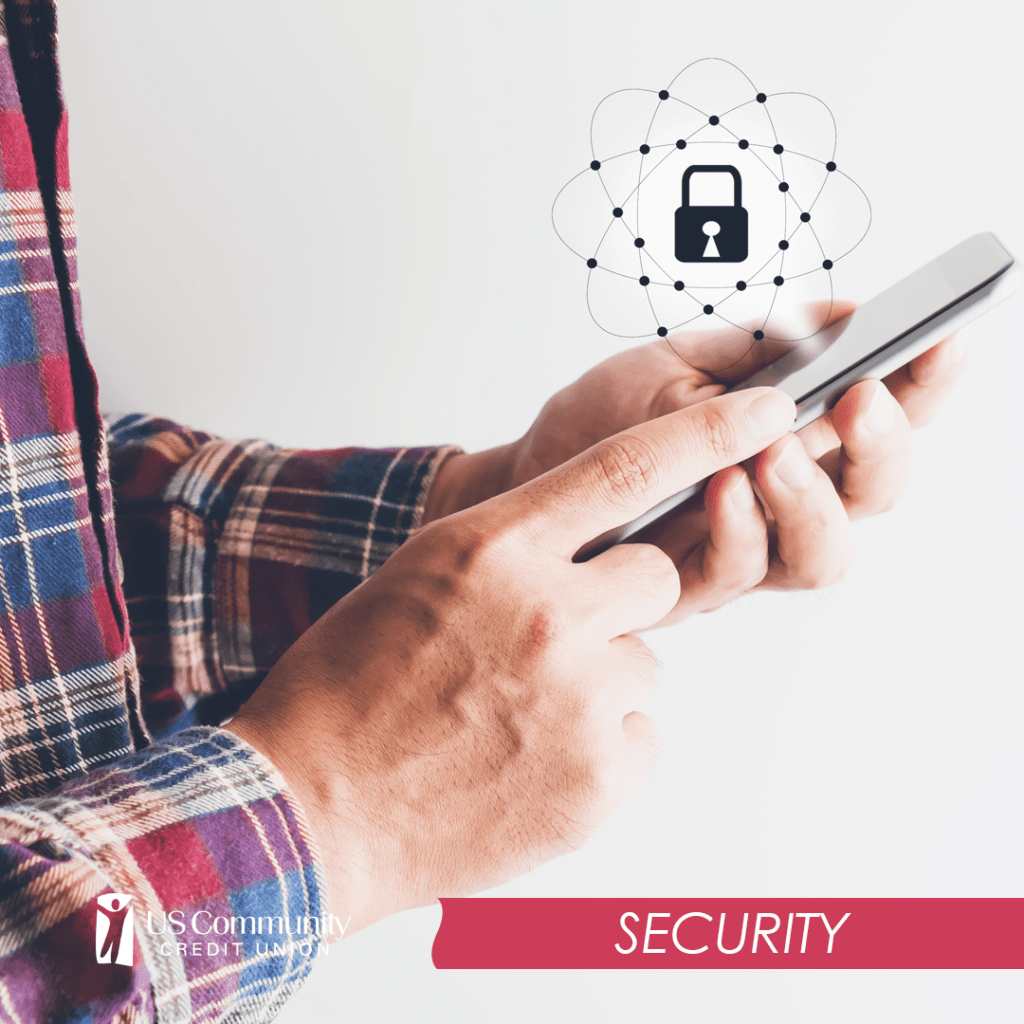
Consumers Unknowingly Putting Their Digital Identities at Risk, AARP Survey Finds
As data breach incidents proliferate, a new AARP survey finds that an alarming number of people have failed to take the basic precautions against identity fraud.
In response, the AARP Fraud Watch Network has launched a campaign to raise awareness of identity theft risks and educate consumers on how to enhance the safety of their personal information.
Reports of data breaches have become commonplace — from Equifax one year ago, to Target, to Uber, to Home Depot.
According to the Privacy Rights Clearinghouse there have been more than 2,000 data breaches since 2015, impacting over 7 billion records.
While some security experts say almost all consumers have likely been affected in some manner by a data breach, AARP’s survey shows that many put themselves in even higher jeopardy due to their risky online behavior:
- Password Re-use – Nearly half (48 percent) of adults have used the same password for more than one online account.
- Bank Account Access – Only four in 10 (43 percent) respondents reported having online access to all of their bank accounts.
- Credit Report – About half of adults (47 percent) reported that they have experienced fraudulent charges on their credit or debit card, yet very few (14 percent) have ordered a security freeze on their credit report.
- Digital ID Know – How Seven of 10 adults (73 percent) failed a quiz testing their “digital identity IQ”.
The AARP Fraud Watch Network campaign recommends people take these three steps to protect their digital identity:
- Order a Freeze – Put a security freeze in place with the three credit reporting bureaus so that no one can access your credit file or open a new credit account with your information. For a guide to the process, visit www.aarp.org/CreditFreeze. Traditionally there has been a fee for placing a freeze on your credit report, but beginning later this month the process is free thanks to legislation passed by Congress in May.
- Set up Digital Access – Set up online access to all of your financial accounts – bank accounts, credit cards, 401(k)s, etc. — and regularly monitor the accounts so you can stay up-to-date on all transactions and recognize any fraudulent activity that may occur.
- Use Separate Passwords – Make sure you use unique passwords for each of your online accounts.
That way, if one account is hacked, it does not put your other accounts at risk. A good way to manage all of those unique passwords is to use a digital password manager. These services keep all your passwords secure and help you create different, strong passwords for each of your online accounts.